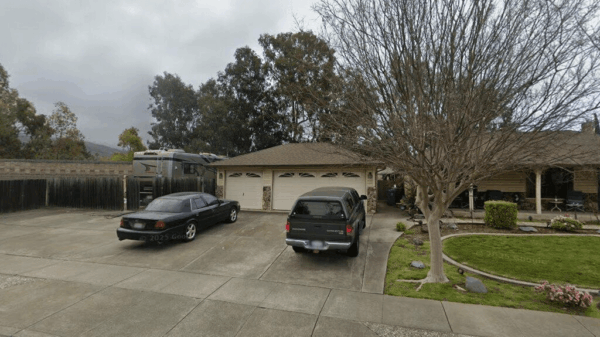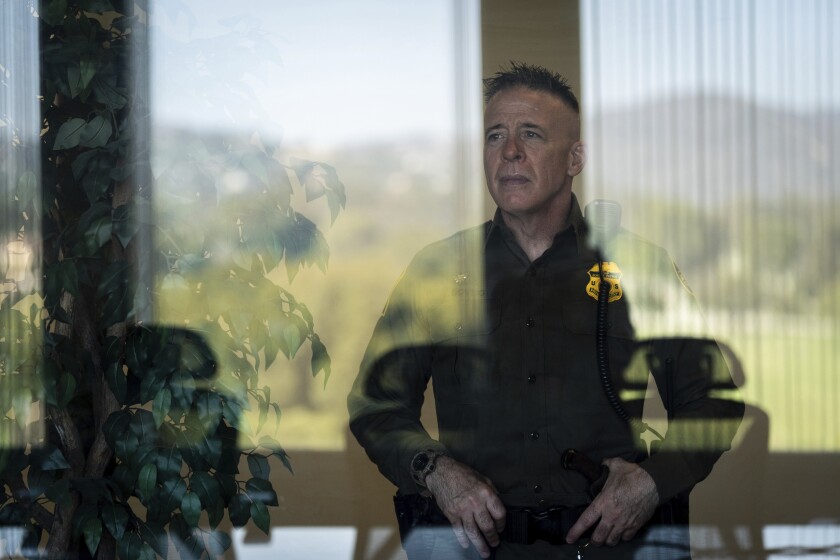UPDATE: In a significant legal development, U.S. District Judge Sara Ellis has ordered top Border Patrol commander Gregory Bovino to provide testimony in a lawsuit concerning the treatment of protesters during the Trump administration’s controversial deportation efforts in Chicago. The deposition is set against the backdrop of allegations regarding the violation of constitutional rights by federal agents.
Judge Ellis ruled that Bovino must answer questions under oath regarding the methods used by federal officers while enforcing immigration laws. The deposition, however, is strictly limited in scope; questions about the broader reasons behind targeting Chicago over other cities like Austin, Texas, will not be permitted. Ellis emphasized the importance of maintaining focus on the enforcement tactics employed by federal agents.
The judge’s decision permits questioning of key figures, including former ICE Chicago Field Director Russell Hott and U.S. Border Patrol Deputy Chief Patrol Agent Daniel Parra, with each deposition capped at two hours. This questioning is critical as a preliminary injunction hearing is scheduled for November 5.
Bovino has been a prominent figure in the Trump administration’s Operation Midway Blitz, which has faced scrutiny for its aggressive tactics. Notably, the controversial Operation At Large in Los Angeles recently led to a U.S. Supreme Court ruling that allows federal agents to continue implementing racial profiling tactics.
During a lengthy five-hour hearing, Judge Ellis expressed serious concerns regarding the treatment of protesters, particularly following reports of agents using tear gas in residential neighborhoods, including incidents on October 12 and October 14. Earlier in October, Ellis had forbidden the use of gas and riot control measures without warnings, and she is now investigating whether her orders are being followed.
One key incident involved the use of tear gas in Albany Park, where witnesses reported no warnings were issued prior to the gas deployment. CBP Deputy Incident Commander Kyle Harvick defended agents’ actions, claiming that warnings were provided, despite video evidence suggesting otherwise. He described the situation as one of “active resistance,” where protesters allegedly disobeyed lawful orders.
In a separate confrontation on the Southeast Side, Harvick reported that agents faced hostility from protesters who threw objects, including eggs and bricks. He stated that such actions justified the agents’ response, which included the use of gas.
The hearing revealed a stark reality: no agents have faced disciplinary action since the initiation of the deportation campaign in Chicago. This raises profound questions about accountability and the treatment of individuals during federal enforcement operations.
The case is garnering significant attention, especially as it unfolds in a climate of heightened scrutiny over law enforcement practices. As the November hearing approaches, the spotlight remains on how federal agents will justify their tactics and whether any changes will result from the ongoing legal battle.
With the implications of this lawsuit resonating across the nation, the demand for accountability and transparency in federal enforcement actions continues to grow. Keep an eye on this developing story as it unfolds, with critical testimonies expected to shape the future of immigration enforcement in the United States.






































































